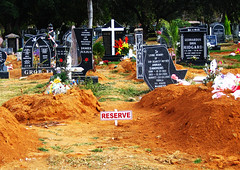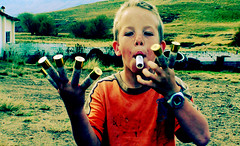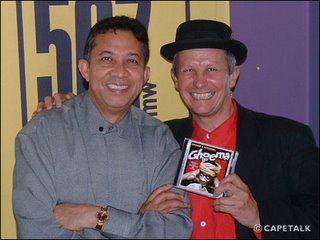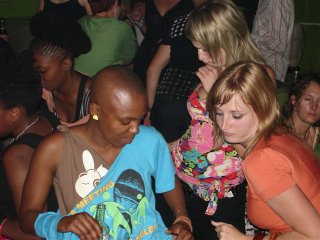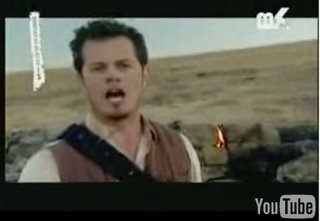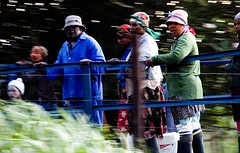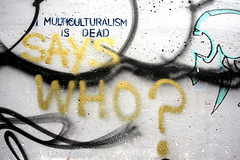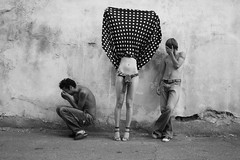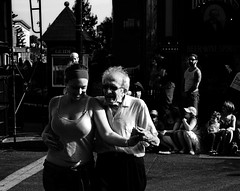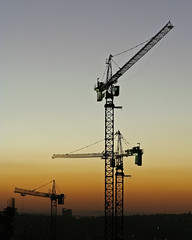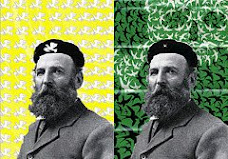Open debate, Aids, Gays, Poverty
2006 was a watershed year for South Africa. It was a year that saw more open debate than at any time since the all democratic elections of 1994. Why? Because the monolithic ANC dominated political discourse was shattered with the infighting between the Zuma and Mbeki camps.
Deputy president Zuma was of course cleared of a rape charge and then the charge for corruption was withdrawn.
For the first time people and the press felt free to openly question excepted wisdom on many issues. As with most open debate, some times this questioning was good, "should the government not have spent more on the poor?" Sometimes bad: "Why give gays rights?" The specter of political campaigning along ethnic and tribal lines also raised its ugly head.
But one of the most benign effects of this opening up was that it allowed more debate on Mbeki's disastrous Aids policy that has the cost the lives of thousands of South Africans. By year end the government had changed its policy, lets hope they can implement this new policy far wide and fast.
The question remained, was this a sign of a maturing democracy or just an opening up as a consequence of a jostling for power in the ruling party?
De la Rey makes a comeback
It was also the year in which some detected the stirrings of resurgent Afrikaner nationalism and unity. A response to the renaming of towns and cities, crime, corruption, affirmative action and a general sense of exclusion of the once dominant group. This even found expression in phenomena like the extremely popular De la Rey song of a young Afrikaner, Bok van Blerk.
White intellectuals made their voices heard to. In concert authors like Brink and Malan lamented the parlous state of law and order. Malan saw a sad decay, but Brink saw slaughter in the future. Nadine Gordimer was mugged in her home, but she stayed positive, preferring to blame the government for not helping the poor.
The meaning of Africaness
Another intellectual, Van Zyl Slabbert, articulated another new trend that became increasingly visible during the year. The growing racial exclusive ideology that only black South Africans could be African, and not white coloured or asian ones.
It was not just South African white writers that were negative, so too people like UK Guardian South African correspondent Rory Carroll. He never quite fell for South Africa because it "took a sledge hammer to his cherished progressive ideals".
Another Brit, Nick Broomfield, managed to produce both the most entertaining and most out of touch documentary of the year about South Africa, "His big white self".
A booming economy
All this pessimism while one could be forgiven for asking what all the fuss was about - the South African economy appeared in rude health - growing at record levels for a record period. But, the growth has so far been very slow on delivering South African jobs. The rich is getting richer and the poor poorer.
Violence
Violence continued across the country as in the past few years. Black South Africans were still more likely to be killed than white ones, usually by other black South Africans and often by somebody they know. If you were foreign and black you were in real danger. Especially Somali business men were targeted in a spate of killings across the country.
PW Botha, the last apartheid defending leader of the country passed away.
There was increasing debate about the countries history. Events like the Battle at Cuito Canavale in Angola are set to become a political battle field going forward.
And it was reported that nearly 800,000 white South Africans had immigrated since 1994. That's nearly 20% of the total. Sphere: Related Content
